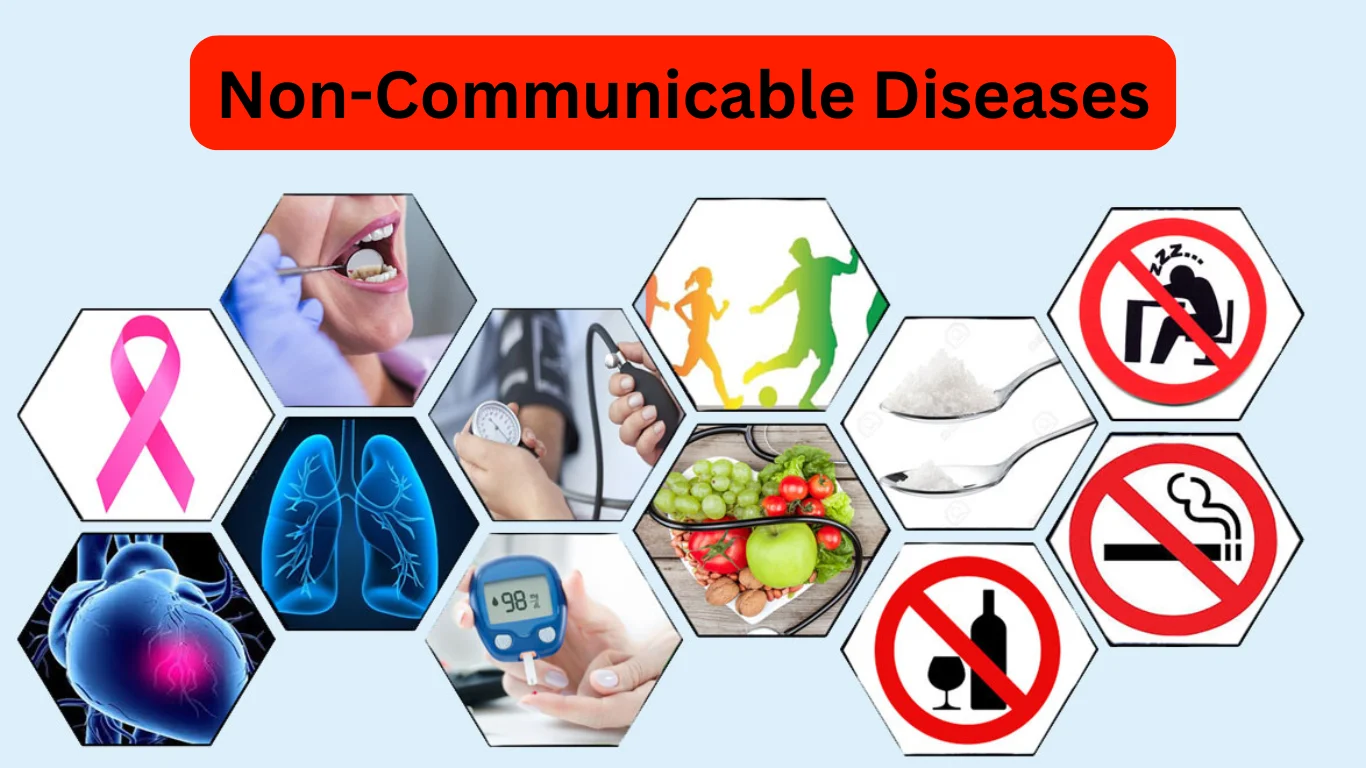Pakistan Faces a Growing Health Crisis with Non-Communicable Diseases
Non-communicable diseases (NCDs) now account for over 60% of annual deaths in Pakistan, as revealed by a recent World Health Organization (WHO) report. This alarming statistic was the centerpiece of a national dialogue organized by the Pakistan National Heart Association (PANAH) and the Ministry of National Health Services.
Key stakeholders, including health experts, policymakers, and media representatives, gathered to discuss the rising prevalence of diseases like diabetes, cardiovascular conditions, and obesity.
Diabetes on the Rise
Pakistan holds the dubious distinction of leading the world in diabetes prevalence, with cases surging from 6.3 million in 2011 to 36 million in 2024. This chronic condition claims over 1,100 lives daily.
Cardiovascular Disease and Obesity
Cardiovascular disease contributes to 55% of NCD-related deaths, while obesity affects 40% of the population, with 28% classified as obese by WHO standards.
Policy Recommendations to Mitigate NCDs
Speakers emphasized dietary risk factors as a significant contributor to NCDs, advocating for Front-of-Pack Warning Labels (FOPWL) on processed foods. This labeling system would inform consumers about harmful ingredients such as excessive sugars, trans fats, and sodium.
Collaboration for Change
Health experts called for a unified approach among government bodies, NGOs, and civil society to combat this crisis. PANAH urged the Ministry of Health to prioritize the implementation of FOPWL and raise awareness about the dangers of ultra-processed foods.
With decisive action, Pakistan can reduce the burden of NCDs and safeguard public health.







